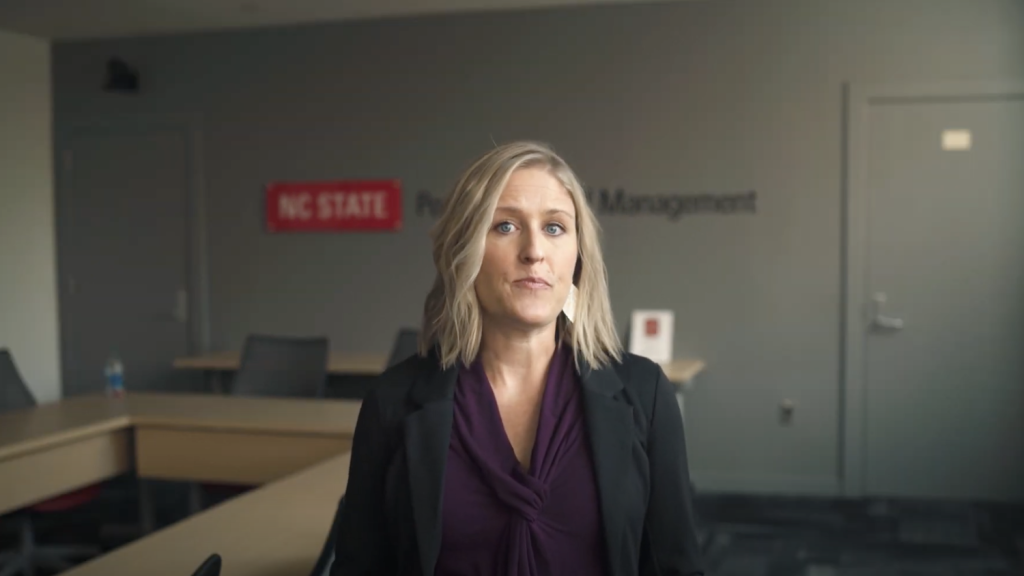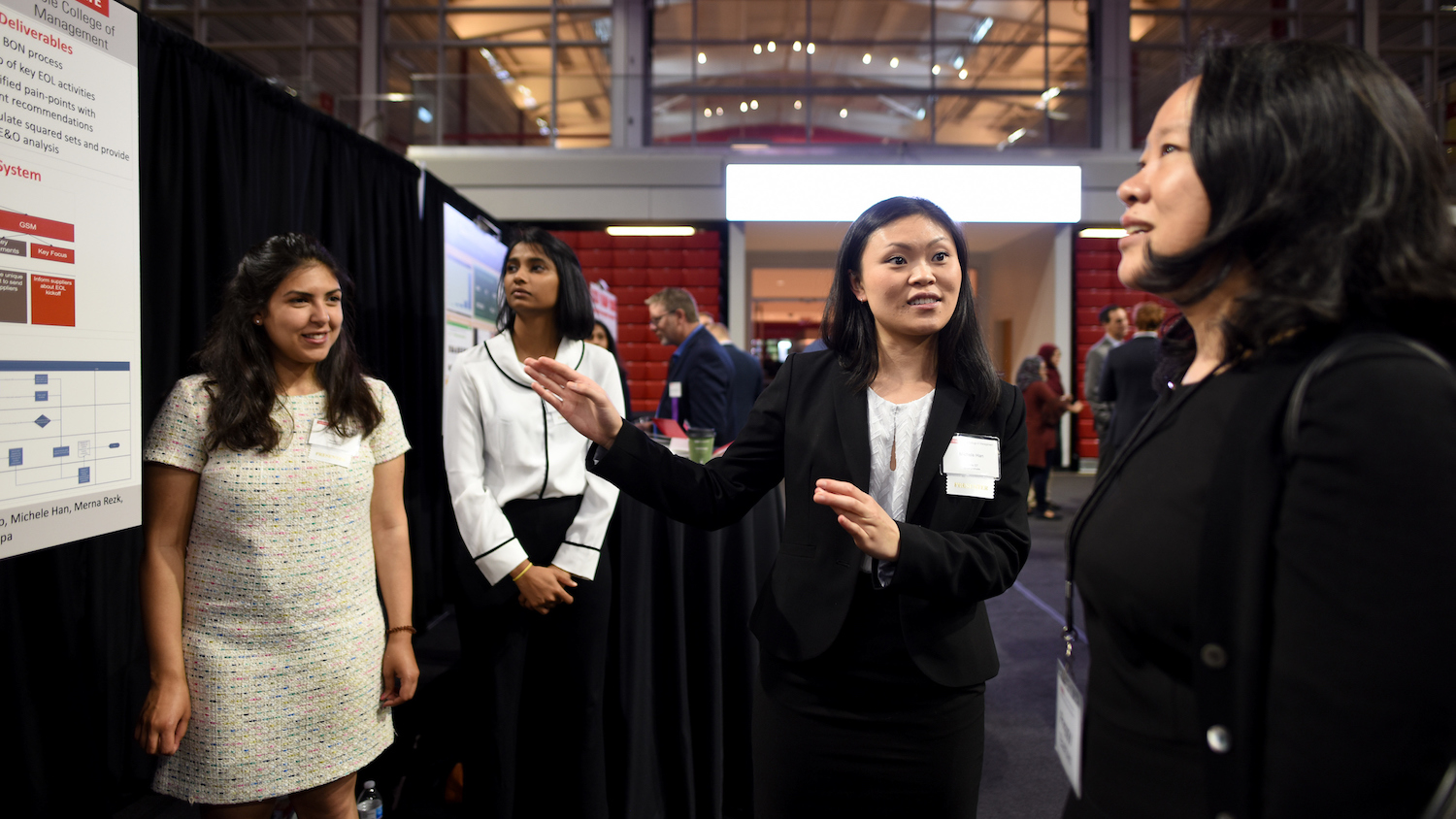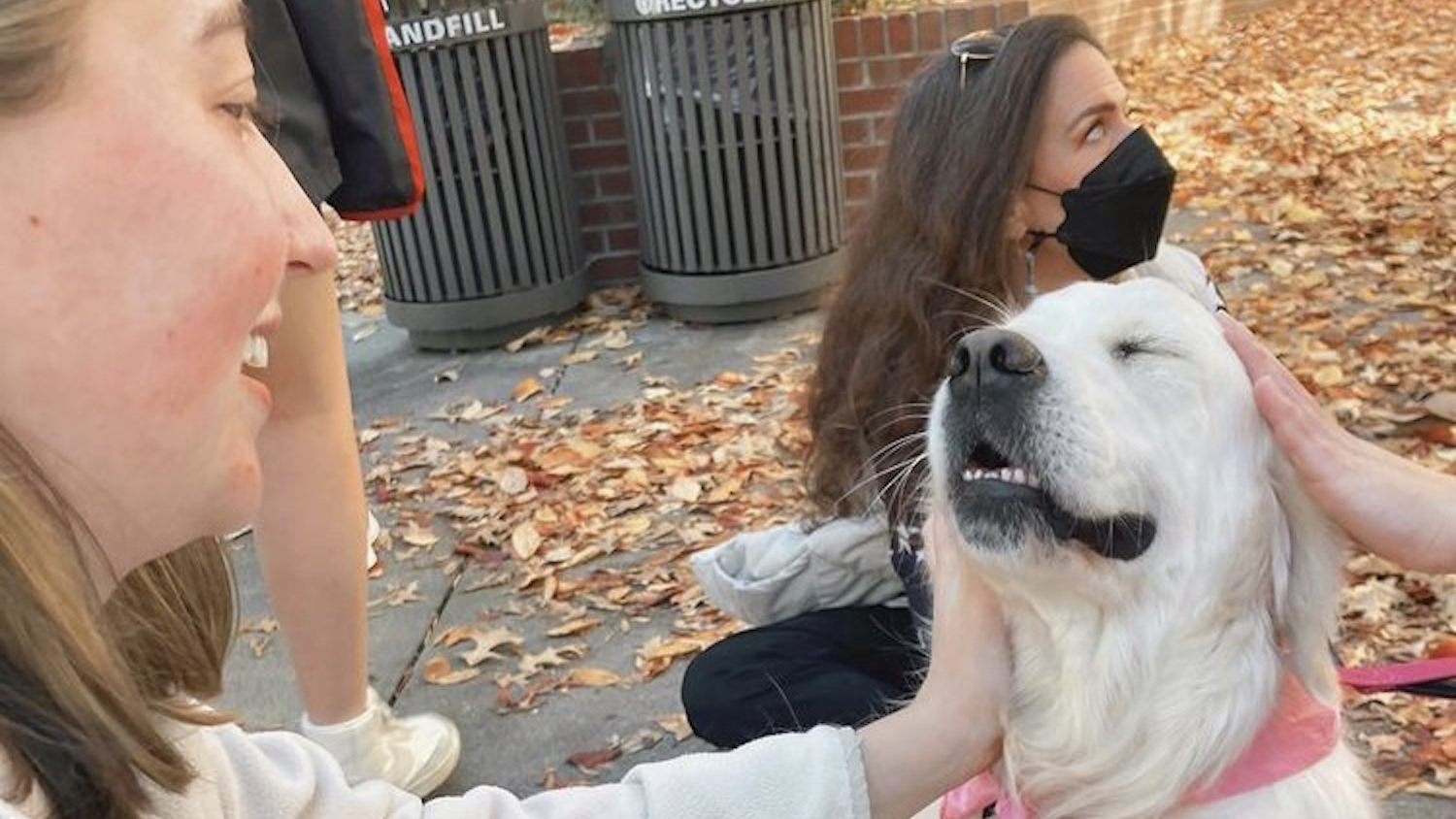Top-10 Most Viewed Articles

1. Meet the Mini Millennials: Generation Alpha
Oct. 1, 2021
Heather Dretsch, assistant professor of marketing, introduces the mini millennials: Generation Alpha, the generation of children born between 2011 and 2025. Like a mirror of their parents (matching mother-daughter outfits, anyone?), this generation is on track to become the largest generation in history. And according to Mark McCrindle, the Australian researcher who coined the name, Alphas will become the generation with the greatest spending power in history, too. The key to brands’ future success, then, lies in their loyalty. And the way to gain that? Through their parents.

2. Top Risks for 2022: Challenges of Retaining and Attracting Top Talent Will Persist
Dec. 9, 2021
The 10th annual survey, this year titled “Executive Perspectives on Top Risks for 2022 and 2031,” was conducted by global consulting firm Protiviti and NC State University Poole College of Management’s Enterprise Risk Management (ERM) Initiative during September and October of 2021. Looking ahead to 2031, business leaders cite workforce and talent-related issues as their primary concern, indicating that the impact of the ‘Great Resignation’ will persist as their organizations struggle to fill the talent requirements supporting their strategies.

3. Why Are Employees Leaving Now?
Sept. 7, 2021
According to the US Labor Department, millions of employees are leaving their jobs. NPR reported that a record 4 million people resigned in April alone. Employers are left scrambling for ideas to retain and attract talent. Poole College of Management professor of practice of human resource management Beth Ritter offers some ideas based on learnings from a series of interviews conducted over the last year that tie to some foundational management research.

4. Poole Professor’s Research Shows How COVID-19 Vaccine Marketing Strategies Must Change for Global Success
Oct. 27, 2021
when trying to promote the COVID-19 vaccine, where you live drastically impacts the effectiveness of your marketing strategy. That’s the crux of the most recent research published by Stacy Wood, Poole College marketing professor, along with colleagues Dr. Kevin Schulman and Muhammad Ali Pate. A paper of their findings, titled “Novel strategies to support global promotion of COVID-19 vaccination,” was recently published in BMJ Global Health.

5. Making Sense of Emergent Leadership
Aug. 17, 2021
Amid the mass layoffs of the early 1990s recession, at least one clear pattern emerged: sandwiched between higher-level managers and lower-level workers, middle managers were the most likely to lose their jobs. “We have witnessed a pretty consistent downward trend of middle management since then, especially during economic downturns,” observes Brad Kirkman, General (Ret.) H. Hugh Shelton Distinguished Professor of Leadership in the Department of Management Innovation & Entrepreneurship. “In the past, the typical manager may have had three people reporting to them. Now they have 15.”

6. Big Tech’s Dark Side: Killer Apps, Abs, and Acqs
Aug. 25, 2021
Is bigger always better? Perhaps not when evaluating industries. Sherry Fowler, professor of practice in information technology and business analytics, takes a look at the tech industry. Though most people agree that technology has been (and can continue to be) used as a force for good, the largest players in this industry (known as Big Tech) have been under increased scrutiny in recent years due to their size, lack of regulation, and impact on society at large.

7. Poole Economics Professor Steve Allen Weighs in on Living Wages
Nov. 10, 2020
Steve Allen, professor of economics, sits down to answer burning questions about the national context around living wages, the challenges they present, and how employers right here in the Triangle are tackling the issue.

8. Finding Passion in Everyday Work
Sept. 1, 2021
Nearly every student preparing to enter the workforce has heard a string of cliches about finding purpose in their career. In a new research paper, Jeffrey Pollack, professor of entrepreneurship; and Brad Kirkman, General (Ret.) H. Hugh Shelton Distinguished Professor of Leadership, set out to discover whether or not feeling passionate about work actually leads to better outcomes for employees and their companies.

9. Christina Lewellen Explains the Non-Tax Costs of Tax Planning Strategies
Oct. 21, 2021
Christina Lewellen, assistant professor of accounting, breaks down the importance of tax planning strategy as well as the potential savings and non-tax costs that can cause strategies to go awry.

10. The Basement on the Race to the Bottom
Oct. 12, 2021
On October 7, 2021, 136 countries agreed to implement a global minimum tax rate of 15% to go into effect by the year 2023. Poole College of Management accounting professors Nathan C. Goldman and Christina M. Lewellen examine the landmark agreement marks the end of “the Race to the Bottom,” where countries were continuously undercutting one another by offering incremental tax-perks to corporations to entice them to set up operations in their jurisdiction.
In the Media
Bloomberg | Dec. 19, 2021
Jared Smith, associate professor of finance, and co-authors examine if taxpayers targeted by sin taxes are more likely to defraud others in unrelated transactions in a recent paper. Sin taxes are a common name for taxes on products such as sugar and cigarettes that discourage unhealthy or undesirable behaviors.
“First, tax increases can reduce the buying power of targeted taxpayers,” said Smith and co-authors. “This reduction in purchasing power could increase the value of additional income to affected taxpayers and, accordingly, their incentive to commit fraud.”
WRAL | Nov. 23, 2021
The U.S. is beginning to release the oil reserves to alleviate the ever-increasing gas prices, but Steve Allen, professor of economics, does not see this solution affecting the public any time soon.
“If it has any impact at all, I don’t think you are going to see it until mid-winter or early spring,” said Allen.
The Washington Post | Nov. 23, 2021
While many consumers have been affected first-hand by expensive and absent products, Rob Handfield, professor of operations and supply chain management, debunks common myths about the current supply chain disruption and the causes.
“A more realistic approach to the driver shortage is to improve the efficiency with which we deploy trucks,” said Handfield. “The lines are killer, as evidenced by the Los Angeles port, where the images of backed up trucks resemble a Black Friday frenzy outside a store with one guy working the register.”
Newsweek | Oct. 25, 2021
Stacy Wood, professor of marketing, compliments how quick Puerto Rican leaders were to use techniques to help communities understand the vaccine by rallying behind a common goal.
“I suspect, similar to our findings in the Caribbean and Latin America, the ability to evoke anticipated regret was also particularly strong as people in Puerto Rico have concerns about their access to well-equipped hospitals,” said Wood.
Los Angeles Times | Oct. 14, 2021
Rob Handfield, professor of operations and supply chain management, says that the COVID-19 pandemic is not solely to blame for the current supply chain issues.
“The warehouse, distribution and truck driver shortages were bad before COVID,” said Handfield.
The Washington Post | Sept. 21, 2021
Stacy Wood, professor of marketing, explains why the recent marketing campaign by BooneOakley using a fake funeral home to encourage vaccinations could have the opposite effect.
“I can understand that the fake funeral truck stunt was embraced by the vaccinated as the relief of dark humor in a tense situation — it’s an effective joke, but not effective marketing,” said Wood.
CBS 17 | Sept. 9, 2021
In a recent study, Jeffrey Pollack, associate professor of entrepreneurship, and Bradley Kirkman, professor of leadership, looked at how a job aligns with other priorities and values, how specific roles fuel it, and overall sense of positive feelings.
“There’s the general opinion in the literature and in the lay public that being obsessed about something is really bad, and you don’t want it,” said Pollack. “Our research didn’t really bear that out as much as we might have thought that it would.”
CBS 17 | Aug. 24, 2021
Sebastian Heese, professor of supply chain management, recently released a study of over 2 billion tweets that found companies that face backlash on social media over supply chain issues often see a drop in stock prices.
“Supply chain problems, even though they are invisible to the general public who does not care, have … a notable effect on supply chain on stock market performance,” said Heese. “And so now … social media is fairly recent in terms of pervasiveness, and that’s what we wanted — like, that’s the reaction of the public, of all stakeholders, also financial participants in the markets.”
Vox | Aug. 19, 2021
Heather Dretsch, assistant professor of marketing, explains how brands are shifting to market towards Generation Alpha, children who are born between 2010 and 2025.
“There’s a subset of young, millennial moms who are invested in buying the best products they can afford for their kids,” said Dretsch. “As a result, the next generation of kids are going to have very similar tastes to that of their millennial parents when it comes to brands, unlike Gen Z.”
ABC News | Aug. 17, 2021
Stacy Wood, professor of marketing, noted that who people hear vaccine information from is just as important as the messaging itself. Wood recommended that those who have been affected by COVID-19 speak at churches and community locations.
“I think there’s a lot of power there, because it takes that media filter away and makes people think that it’s much more trustworthy,” said Wood.
The Washington Post | Aug. 5, 2021
Barry Goodwin, professor of economics, argues that the new California ballot initiative that will protect farm animals against cruel living conditions will not only drive up egg and bacon prices but cause delays in production.
“These new rules will decrease farm productivity and unduly affect small hog farms, leading to consolidation in the industry as larger operations crowd them out,” said Goodwin.
- Categories:






